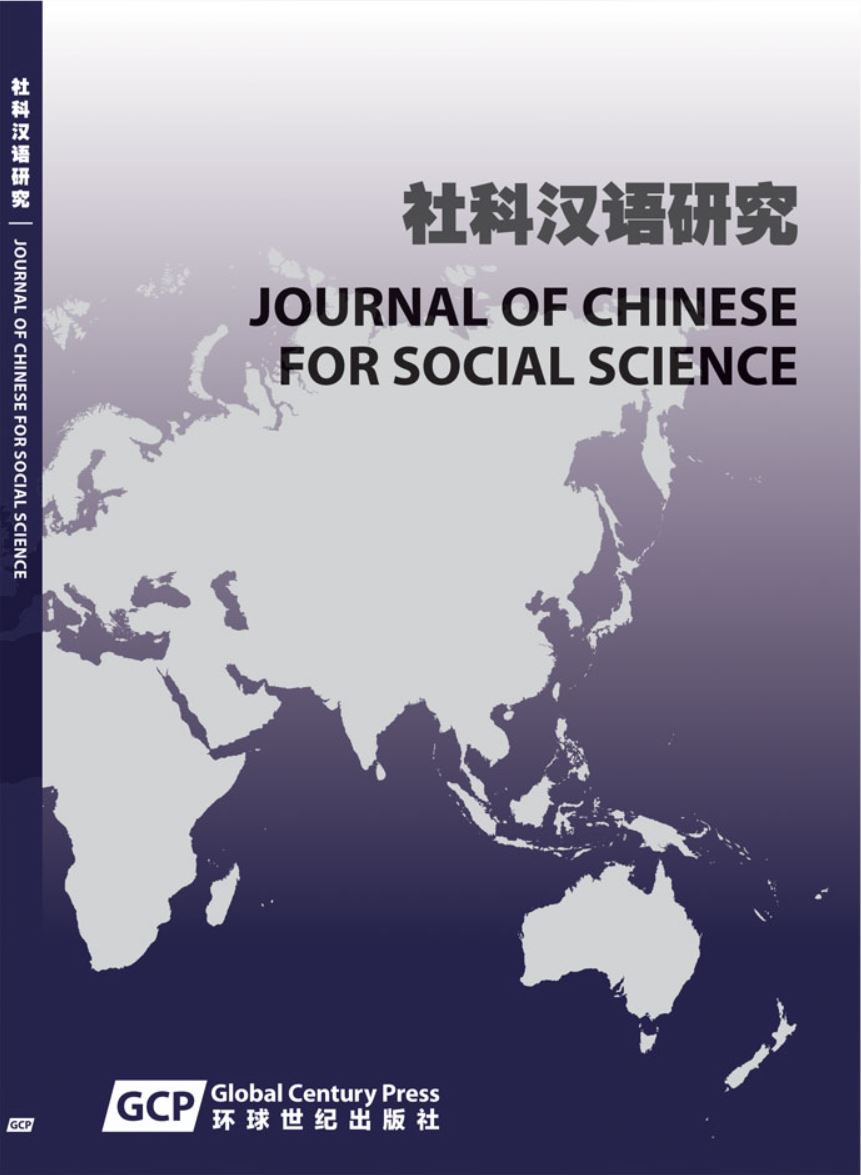Journal of Chinese for Social Science (JCSS, Chinese edition) examines the use of the Chinese language in context and draws academic attention to the usefulness and validity of existing translated texts and language usage in Chinese social science. It features bilingual elements in Chinese and English and consists of three sections: reading, writing, and translation.
To achieve conceptual equivalence between English and Chinese poses a great challenge, particularly in social scientific research across these two language, cultures and societies. It is often the case that the research is published in a language that is not the researcher’s first language and requires translation. However, translation can bear a range of potential risks in cross-cultural or transcultural communication if not done appropriately. A bilingual academic journal with corresponding annotations and commentaries has paved the way to minimising these risks, and the spin-off Journal of Chinese for Social Science takes cross-cultural or transcultural research to an even higher level. It does not only highlight the issues, in translating research findings, but also engages in, stimulates and promotes ‘dialogue’ between languages, cultures and communities.
‘Chinese for social science’ or ‘Chinese language for Social Science’ is a branch of ‘Chinese for Specific Purposes’ (CSP), like ‘Chinese for science and technology’ or ‘business Chinese’. This innovative idea was first developed by Global China Academy (GCA). Through its Global China Dialogue conferences, the GCA has attracted a wide participation by speakers and delegates from many different organizations including universities in the UK, USA, China and France, as well as public and governmental institutions, NGOs and media.
With Global China Academy’s commitment to dual-language publications – including Journal of China in Global and Comparative Perspectives and a number of book series, to benefit scholars and readers of both Chinese and English – translations of terminologies, concepts, ideas and thoughts on social science form the basis of intercultural dialogue and communication, and the sharing of ideas and research findings from within China and globally. More often than not, translations – frequently out of context – can reinforce an orientalised Chinese identity. Journal of Chinese for Social Science seeks to remove the obstacles to effective dialogue and the exchange of ideas through the translation of terms and concepts in their context.









